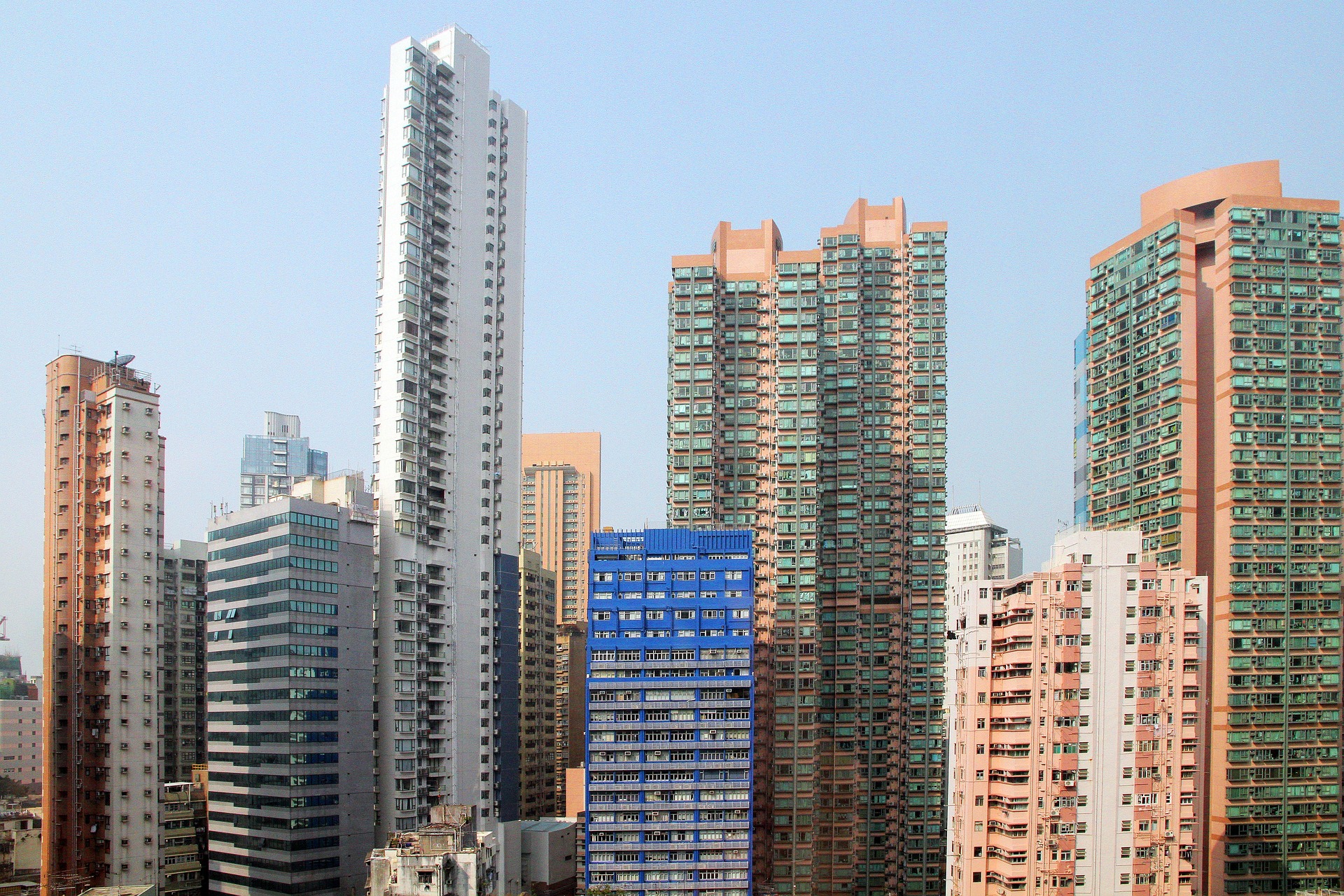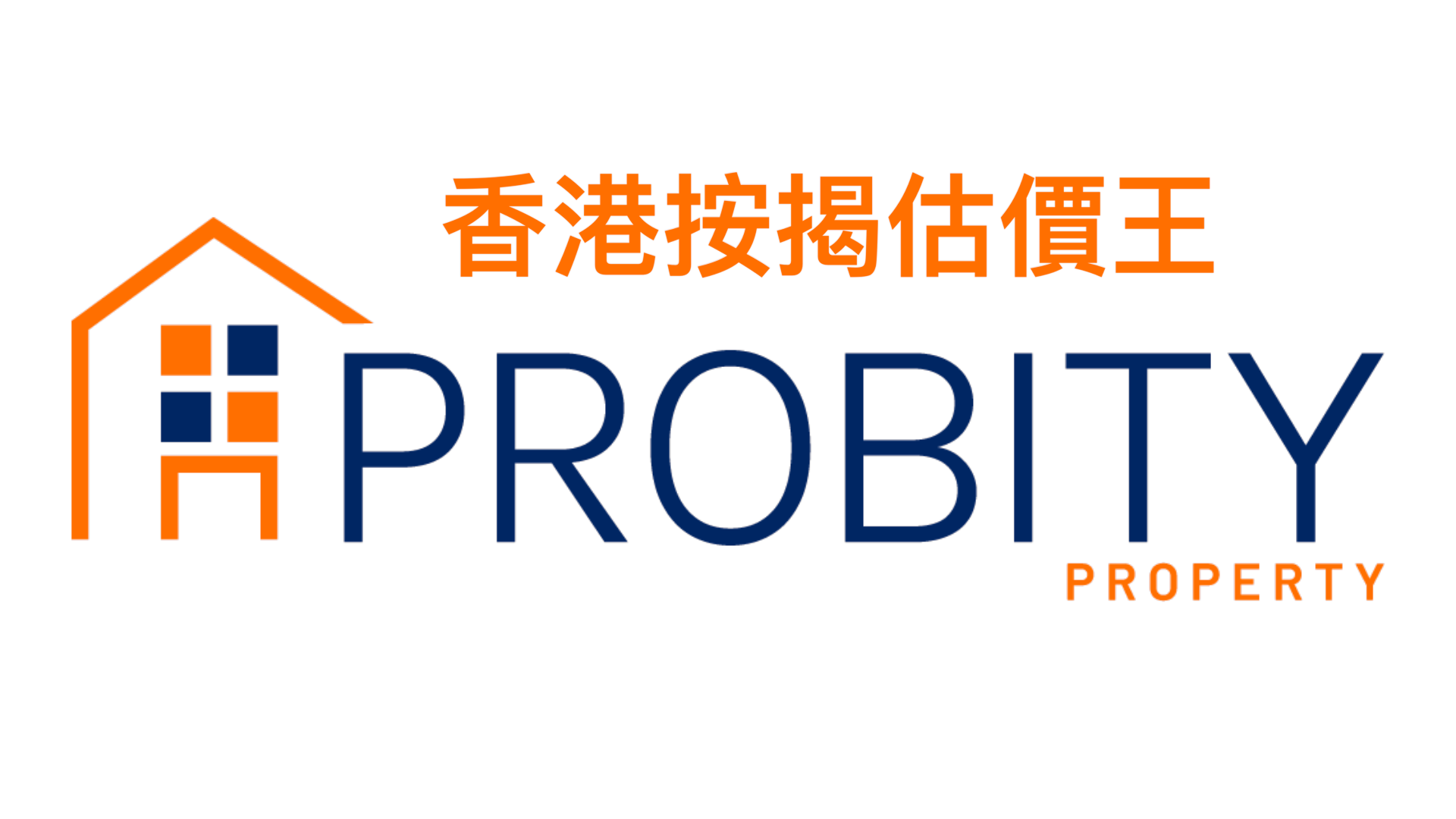Should you undergo a stress test for a 90% mortgage? Experts answer common questions

Should you undergo a stress test for a 90% mortgage? Experts answer common questions
Different mortgage requirements for owner-occupied and non-owner-occupied properties, company ownership, and non-residents
Owning a home is a dream for many, and taking out a mortgage is a common option. In Hong Kong, since the implementation of the new Mortgage Insurance Programme in May 2021, the maximum loan-to-value ratio for first-time owner-occupied properties has been increased to 90%. However, the most frequently asked question is whether a stress test is required to apply for a 90% mortgage. Here are some answers to common questions.
Question 1: Is a stress test required for a 90% mortgage?
Answer: Yes. A stress test is designed to evaluate whether an applicant has the ability to repay the loan in the event of unexpected circumstances, such as job loss or interest rate increases. Applicants must pass the stress test to ensure their financial ability to afford the mortgage. It's worth noting that the purpose of the stress test is to assess whether an applicant needs to pay additional mortgage insurance premiums, not to adjust the loan-to-value ratio. Even if an applicant fails the stress test, they can still qualify for a 90% mortgage as long as their repayment does not exceed 50% of their personal or household income.
Question 2: Can I apply for a 90% mortgage if my parking space mortgage is not fully paid?
Answer: If the applicant owns a non-residential property, such as a parking space or commercial unit, and the mortgage has not been fully paid, or if the applicant is a guarantor for the mortgage plan, they can still borrow up to 90%. However, the repayment amount should not exceed 35% or 40% of the applicant's or household's income. In addition, applicants with unpaid parking space mortgages must also pass the stress test. It's important to consider your financial situation and eligibility requirements when applying for a mortgage.
Question 3: Can I apply for a 90% mortgage if I plan to buy a residential property for rental purposes?
Answer: No. According to the new Residential Mortgage Insurance Programme introduced by the Hong Kong Federation of Insurers, only owner-occupied properties can enjoy the 90% mortgage discount, and non-owner-occupied properties cannot exceed a loan-to-value ratio of 50%. Therefore, if you plan to purchase a property for investment and rental purposes, you can only apply for a maximum of 50% mortgage and must meet the corresponding eligibility requirements.
Question 4: Can I apply for a 90% mortgage if I buy a residential property in the name of my company?
Answer: No. The loan-to-value ratio for all residential properties held in the name of a company cannot exceed 50%. This is because applicants who purchase residential properties in the name of their company are considered to have more stable financial conditions and are not eligible for preferential policies. In addition, when purchasing residential properties, it must be determined whether these properties are part of the company's business activities. If not, purchasing residential properties in the name of a company may be considered as an abuse of mortgage and subject to corresponding penalties.
Question 5: Can non-permanent residents of Hong Kong apply for a 90% mortgage?
Answer: Yes, non-permanent residents can also apply for a 90% mortgage, but the approval process is more stringent. Applicants must provide proof of their Hong Kong address or their relationship with a close relative and the relevant documents must meet the requirements of the Hong Kong SAR Government.
Question 6: Can self-employed or freelance workers apply for a 90% mortgage?
Answer: If self-employed individuals do not receive a fixed salary from a local employer, they can only borrow up to 80%, the same as non-first-time homebuyers. This is because self-employed individuals' income is less stable and poses higher risk, so mortgage application restrictions are tighter. Self-employed individuals need to provide corresponding financial documents to prove their income and financial situation when applying for a mortgage.
In conclusion, if you plan to apply for a 90% mortgage, you need to understand whether you meet the relevant requirements for property type, repayment ratio, income, and residency status. If you do not meet the requirements, you need to consider other financial options, such as adjusting the down payment ratio or considering other low loan-to-value mortgage plans. It's important to note that the more you borrow, the greater your financial burden. Applicants should evaluate their financial situation and repayment ability, and carefully consider the loan amount and repayment term. If you have any questions or need further consultation, consult a mortgage consultant in Hong Kong to ensure that you make wise decisions and ensure your financial stability.


